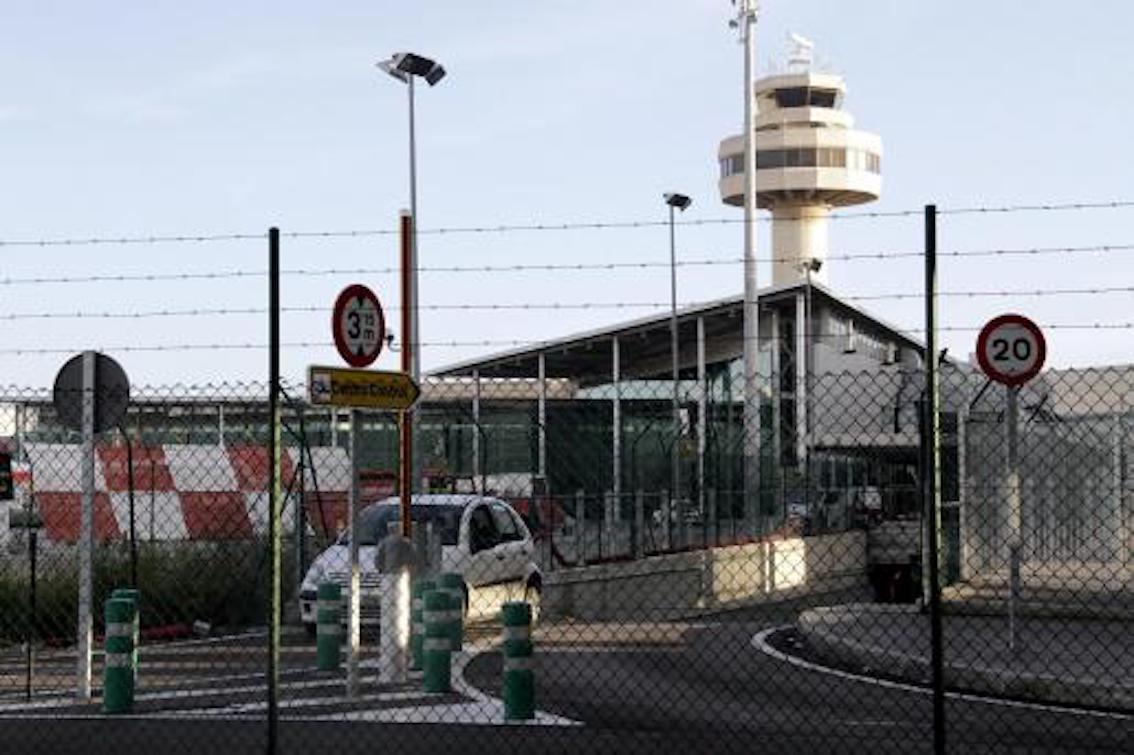Besides the strict measures that are already in place to stem the spread of coronavirus, holidaymakers will also have to make sure they abide by the Spain’s food laws now that the UK has left Europe.
“You cannot take meat, milk or products containing them into EU countries,” says the FCDO. “There are some exceptions for certain amounts of powdered infant milk, infant food, or pet food that may be required for medical reasons.”
The problem is that dangerous pathogens that cause diseases such as foot and mouth and swine fever can reside in meat and milk, or products that contain them. These pathogens may be circulating in countries outside the EU, but could be introduced to the European Union via products that are sent by post or carried in visitors’ bags.
The Regulations:
Travellers are not allowed to bring in meat, milk or their products, unless they are coming with less than 10 kilograms of these products from the Faeroe Islands or Greenland.
There is an exemption for powdered infant milk, infant food, and special foods or special pet feed required for medical reasons, if weighing less than 2 kilograms and provided that:
a) such products do not require refrigeration before opening.
b) that they are packaged proprietary brand products for direct sale to the final consumer, and the packaging is unbroken unless in current use.
For fishery products, including fish and certain shellfish such as prawns, lobsters, dead mussels and dead oysters, travellers are allowed to bring in up to 20 kilograms or the weight of one fish if this is higher. However, there is no such weight restriction for travellers coming from the Faeroe Islands or Greenland.
For other animal products, such as honey, live oysters, live mussels and snails for example, travellers are allowed to bring in up to 2 kilograms.
These rules do not apply to animal products transported between the EU Member States, or for animal products coming from Andorra, Iceland, Liechtenstein, Norway, San Marino or Switzerland.
Measures were put in place in 2001 to prevent illegal products being brought into the EU after the Foot and Mouth Disease epidemic and Customs Officers will be on duty at EU entry points to detect illegal consignments of meat, milk or their products and may use scanners or detectors dogs to screen baggage.
Any illegal products will be seized and destroyed and those responsible will be penalised.


6 comments
To be able to write a comment, you have to be registered and logged in
Yogi, I stand corrected.......of course.....Marmite.
Penalised. Fines starting at 600,000€ no doubt.
Mark when I visit Mallorca I usually eat out once or twice at the Villa Italia Porto Andraix they serve Aberdeen Angus beef and Scots shell fish. Try them they are really good. More importantly as I type the lead article is Majorcan good people demonstrating for the right to work. The food ban alone is a minor inconvenience to travel to the island but another signal to Brits that it is difficult to visit majorca and we are not welcome take the 90 stay limit all it does is remove British spend from the island. I visit St Lucia and the government officials tell me stay as long as you like as long as you can support yourself have a valid passport and can pay for you own return flights. 40% of tourism to Mallorca is U.K. based many barriers to that continued not least the poor vaccine eu roll out. If the 2021 tourists trade is to be rescued and I hope for those good people it is every barrier to visiting the island must be eliminated.
So what, it's already here if you can't have a holiday witbout it. Sad....
Mark! Really? Marmite!
Who wants british food anyway.